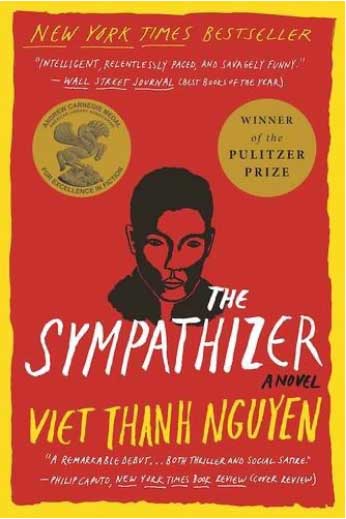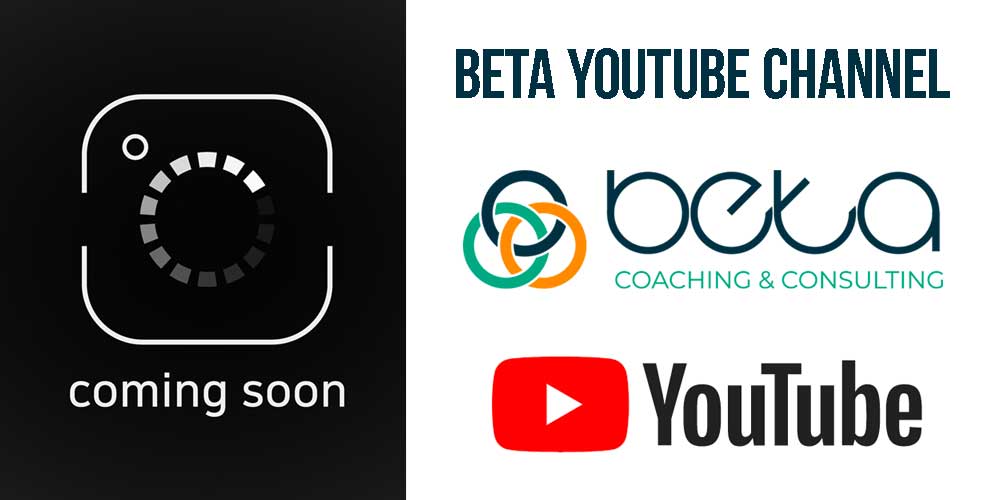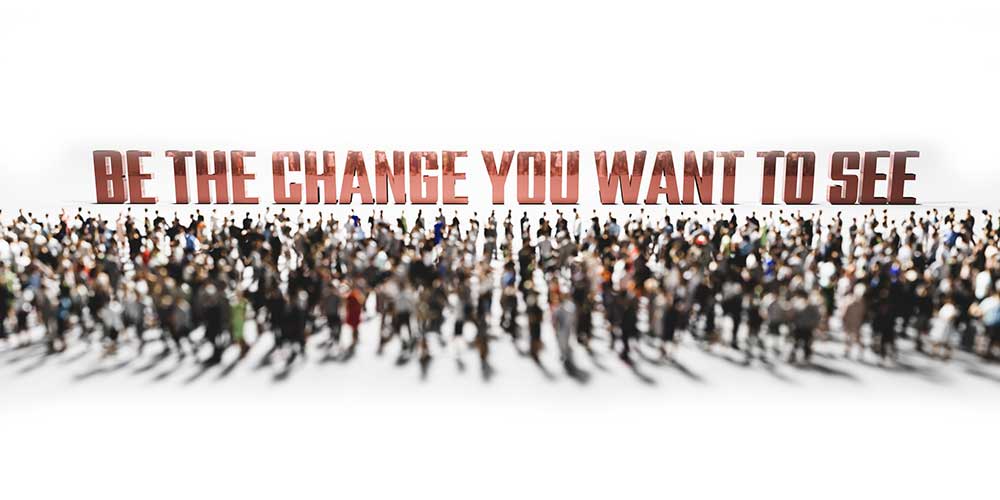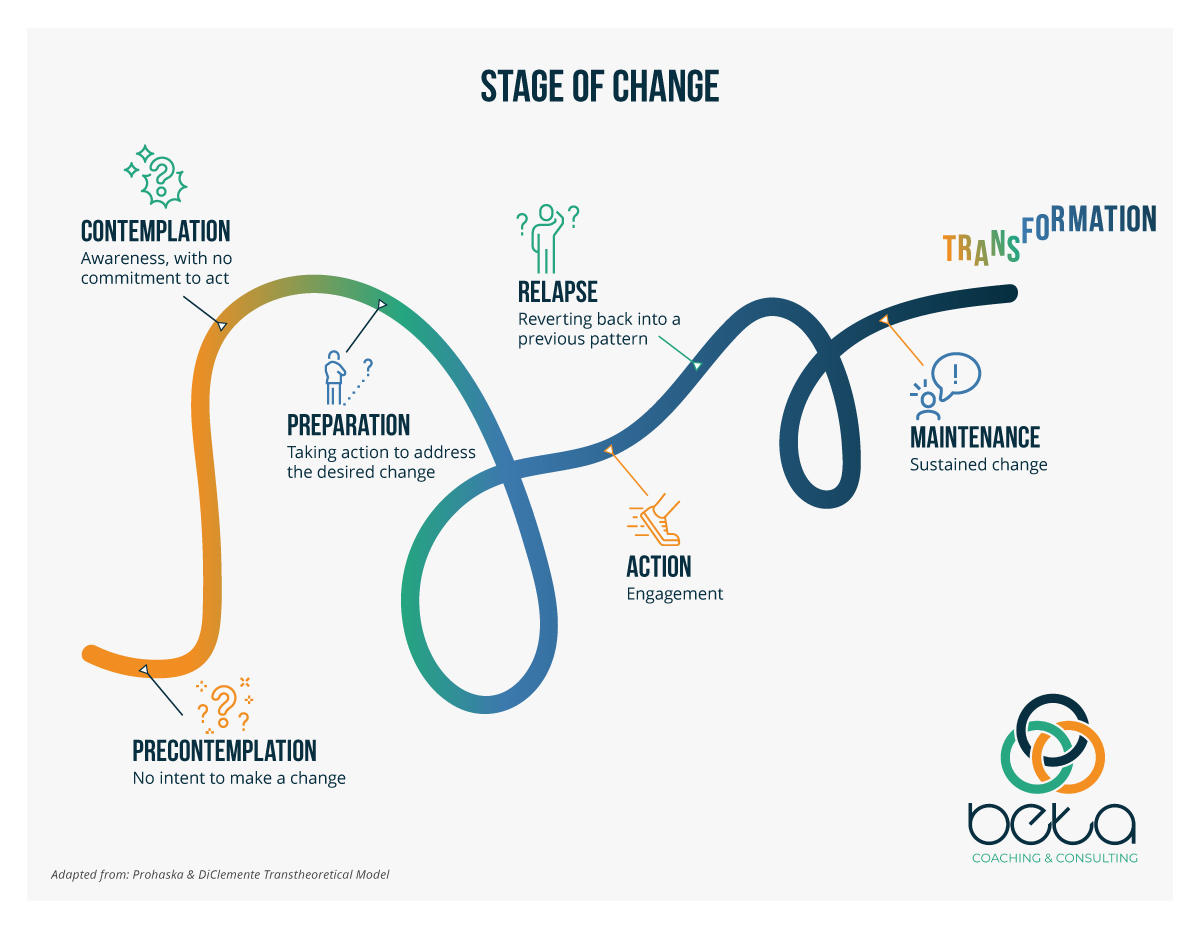Summer Issue
A transformation is something that is, realized – embodied – known – and, one could say, it is sacred. We have all experienced a transformation, albeit small or grand. Something magical occurs in those moments – and given the rapid speed of technology and our life – these moments might be viewed as mundane or expected. Yet when we pause to acknowledge or celebrate what it took to get there, then we can recognize the transformation that has occurred.
This article will dive into both the personal and organizational transformational process and offer a perspective on how to co-create, recognize, and embrace the change you desire. At BETA Coaching & Consulting, we believe that partnership to achieve the desired change can bring an unexpectedly positive result. Kegan & Lahey, in their book Immunity To Change, believed that we don’t know enough about why it [change] is so hard and what we can do about it. And as most of us may attest to, change can be hard, although we are very aware it is all around us, and there are times we desire it because it is necessary.
Change takes courage and, even when we step into a brave change space, it might be with ambivalence and that is why having a trustworthy companion, such as a coach/consultant, can be valuable for success. Courage is the ability to act despite the fear or the feeling of being unmoored. Ongoing reflection and experimentation provide insights into the course of action, shoring up one’s appetite for the change. This does not preclude failures, which are learning opportunities, further magnifying what about the change is valued and meaningful.
Before transformation can occur, clarity is needed to determine what is fueling the desired process. The client may move beyond a transactional state (an action), which has its merits, towards a willful interrogation of the current condition transforming it. With the identification of that “one big thing” that will be altered by exploring the underlying issue.
Individual Transformation:
When an individual enters the change process, often it is to develop a behavior strategy or consistent activity, draw on a strength (talent), put in place a support team, achieve an outcome, overcome a challenge, and/or a combination of all of these. During the exploratory process of the coaching session, the client will dive into the meanings and inner feelings behind the desired outcome. The coach forges a trusting relationship with the client based on the curation of a brave and safe space, while upholding confidentiality. Through the coaching process, the client’s awareness of their desired outcome increases, facilitating their growth and capacity to take on the change along with the support of their coach.
As noted in the September 2021 article, the space between now and the future holds the magic of possibility where transformation awaits. As the change is being contemplated, it is helpful to know where you currently are on the spectrum of change. Are you thinking about an innovative approach or reverting to a previous pattern?
The Stages of Change Model, also known as the Transtheoretical Model, describes a person’s readiness to make a change or to take on a new behavior. This reflective process of ascertaining where you are in the Transtheoretical Model will inform how you’re fluxing between the different stages of the system you are in. Your individual transformation will alter the environment, so that you are able to manifest your future possibility.

Organizational Transformation:
Organizational transformation is not significantly different because they are composites of diverse individuals, who share the norms and values that shaped the organization. It seeks engaging contributors in the process of defining and accepting change. Neglecting this human factor – or not bringing them along – can increase dissatisfaction, negatively impacting job satisfaction and engagement.
Even the most welcomed changes come with their challenges. So, when making changes at the system level, consider the complexity from various perspectives, how much support might be needed for change to occur, and how much self-reflection may be needed to address these complexities.
With a partner, you gain an understanding of the organization’s culture and potential impacts of the change by conducting a readiness assessment. This provides insights into the people’s challenges while potentially mitigating some of the human dissatisfaction that comes with changes. A frequent oversight by leaders when initiating change is to lean too much into the technical changes rather than solving the adaptive challenges. These are systemic and confront the status quo to change behavior, practices, and ways of working.
An organizational change readiness assessment might aid in this self-reflection, which is defined as a collaborative approach in which people affected by the change understand their needs and wants within their respective roles. The aim is not to revolutionize their work by expecting them to accept change because they are now required to do so. It allows the organization to understand how the evaluation connects with the preparation for behavior change.
Transformation relies on deep relationships and a clear understanding of what is needed to make a unique impact, rather than just focusing on actions. Trust and a clear understanding of the partners’ value proposition are necessary. Although this takes time and is earned, it often leads to a long and profitable partnership.
Conclusion:
A transformative partnership is non-linear and takes time. Grounded in the mutual trust of all partners are a shared understanding of the goals and values of the change, agreed-upon roles and responsibilities, and the methods to implement the plan.
The building blocks to a successful transformative partnership include:
- A clear vision for the change: Identify the agreed-upon better future state and ask the question, “why are the desired changes better than the way things are now?”
- Value proposition alignment: Understanding what can be accomplished by working in partnership and creating a pathway for transformational change.
- Co-creation/collaboration: Take time to gain an understanding of the context and desired change before starting the process.
- Performance tracking system: Proactively monitor the strength of the partnership while course-correcting as needed.
- Measuring changes: Determine if the changes are scalable and sustainable to meet the initial objectives.
Insights can be powerful and even exciting, yet they do not necessarily lead to transformation. Guiding individuals and organizations through a change process is a skill and an art. We look forward to partnering with you on your journey to transformative change.
Book a Discovery Session:
A discovery session is largely influenced by a kaizen process, which is a philosophy based on the concept to change for the better through small modifications creating improvements. The session is centered on learning about one another including values, goals, and processes.
The discussion will help determine our chemistry match and how collaborating will add value for you. There will be an opportunity to understand your needs and what is top of mind for you, especially what is it that you wish to improve upon. This is an opportunity for us to co-create a win-win partnership.
Some Discovery Session questions are:
- What is your biggest challenge as it relates to ______?
- How are you feeling about this challenge?
- What about solving the challenging is most important to you?
- How will you benefit from finding a solution to this challenge?
To schedule your no obligation Discovery Session, email novelette@betacoachingconsulting.com or visit our calendar to book an available time.
Summer Reading Listing:
 The winter and spring were especially busy, and I was not reading for pleasure as much as I liked. Then, I recommitted myself to intentionally carve out time for something I really enjoy, reading for pleasure, I immersed myself in the writings of Viet Thanh Nguyen.
The winter and spring were especially busy, and I was not reading for pleasure as much as I liked. Then, I recommitted myself to intentionally carve out time for something I really enjoy, reading for pleasure, I immersed myself in the writings of Viet Thanh Nguyen.
In The Sympathizer, Viet Thanh Nguyen explores the refugees’ experience, the persistence of colonization, and what might need to happen for decolonization to occur. “Refugee, exile, immigrant – whatever species of displaced human we were, we did not simply live in two cultures, as celebrants of the great American melting pot imagined. Displaced people also lived in two time zones, the here and the there, the present and the past, being as we were reluctant time travelers.”  There is a plot twist that made my jaw drop but I won’t give it away! This is a beautifully written, captivating, and must read book!!!
There is a plot twist that made my jaw drop but I won’t give it away! This is a beautifully written, captivating, and must read book!!!
The Committed, which is a sequel to The Sympathizer, is an equally engrossing read. Although not quite to the end, I am anticipating another plot twist.
I am excited by what is ahead in my reading queue for the summer.

What books are on your summer reading list?
BETA YouTube Channel

We will be sharing some thought-provoking ideas on our YouTube Channel in the coming week. Until then, enjoy this preview:



